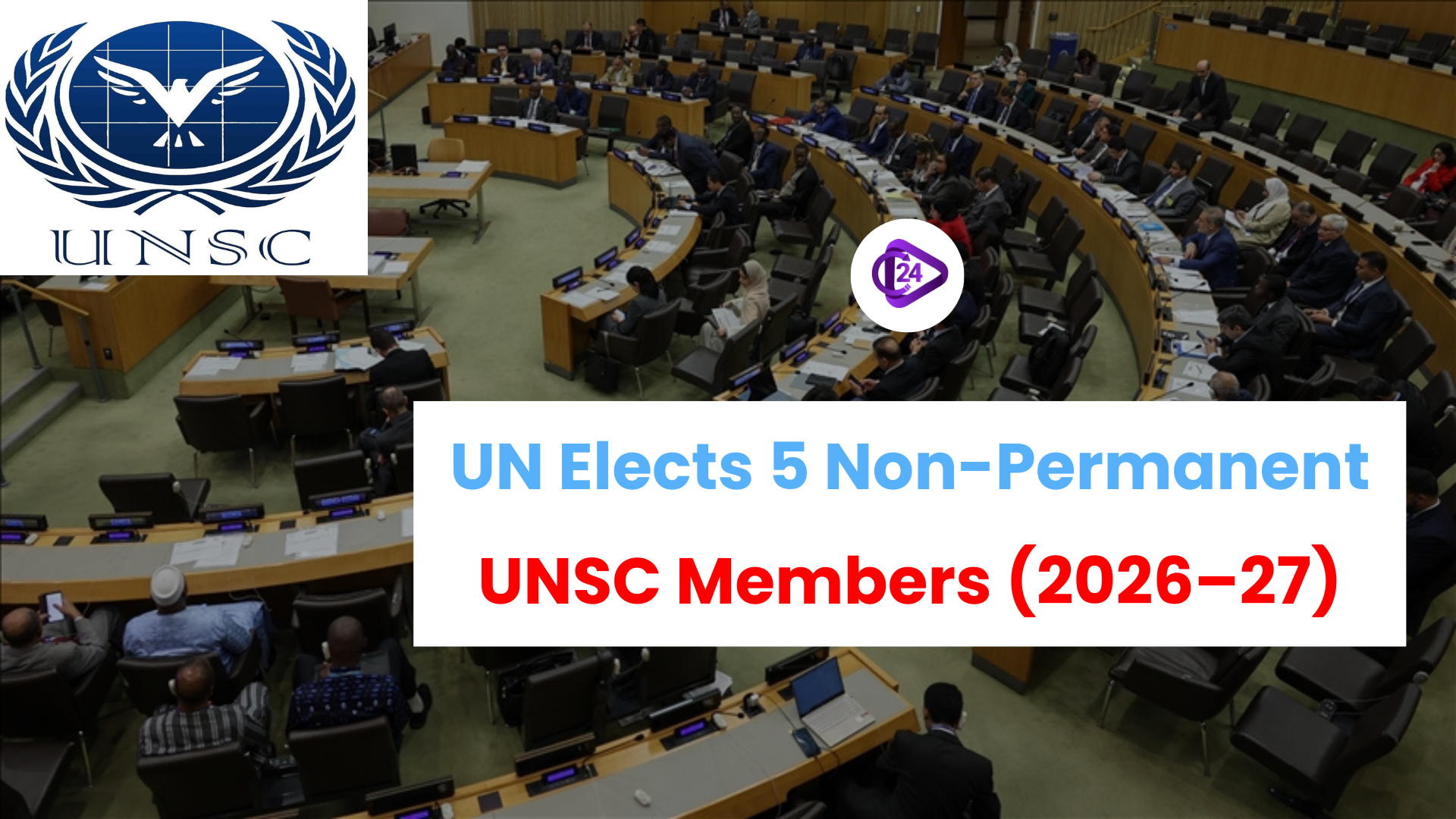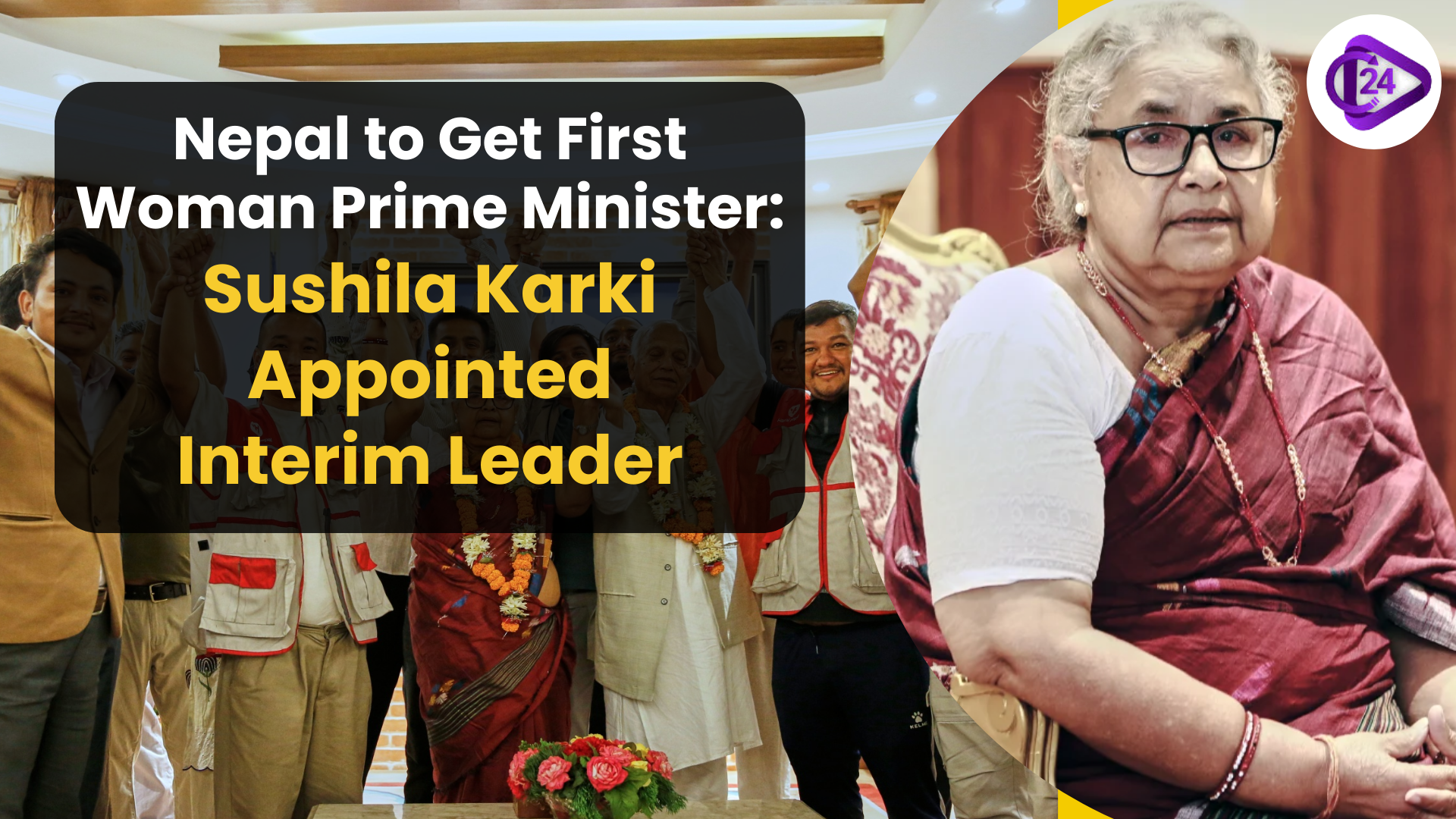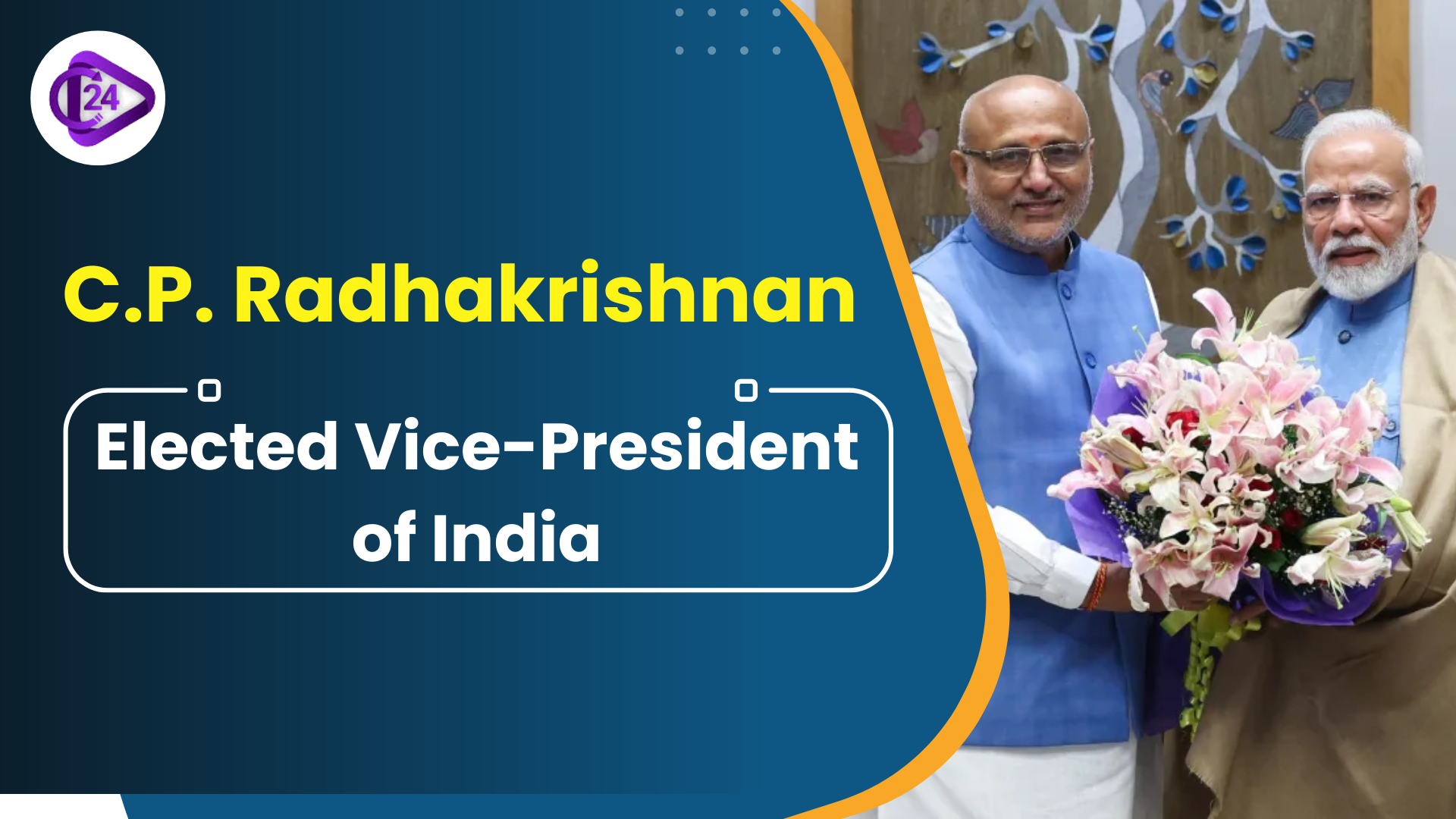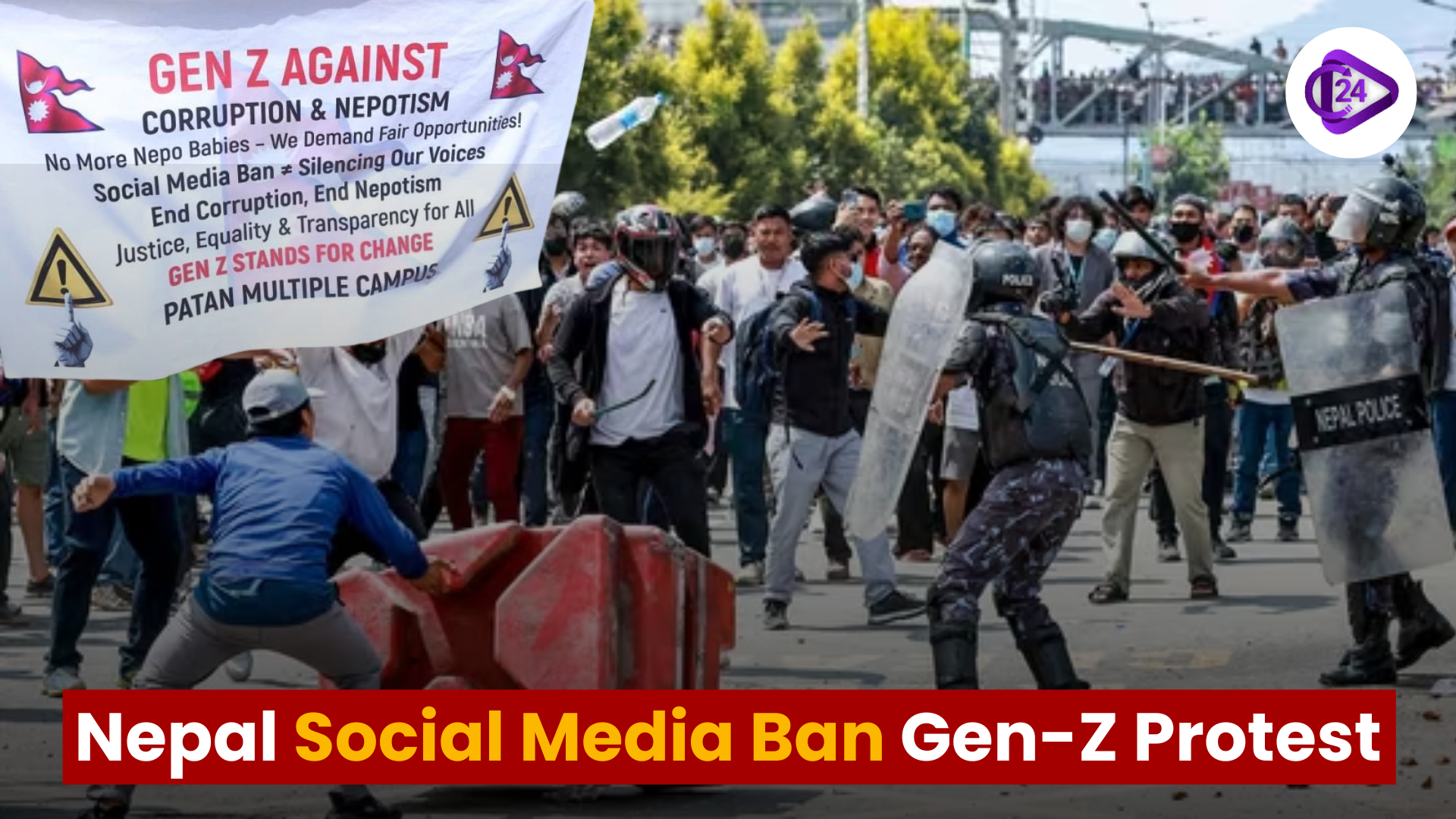Daily Quizzes
Mock Tests
No tests attempted yet.
Select Category

On June 3, 2025, the United Nations General Assembly chose five new non-permanent members to the Security Council, including Latvia which is being welcomed in its first role. Bahrain, Colombia, the Democratic Republic of the Congo (DRC) and Liberia will start their two-year terms on the Council in 2026, joining the 15 countries that keep world peace and security.
Context
-
During the UN General Assembly, Bahrain, Colombia, the DRC, Latvia and Liberia were selected to be non-permanent members of the Security Council from 2026 to 2027.
-
Latvia’s election to the UNSC for the first time is one of the highlights of this election.
Key Points
Election Overview:
-
On June 3, 2025, the UN General Assembly had elections to select five new non-permanent members for the Security Council.
-
The countries will have two-year terms that start in January 2026 and end in December 2027.
Voting Breakdown:
-
Bahrain: 186 votes
-
Democratic Republic of the Congo (DRC): 183 votes
-
Liberia: 181 votes
-
Latvia: 178 votes (first-time member)
-
Colombia: 180 votes
Regional Representation:
The elected members ensure balanced regional representation:
-
Africa: 3 seats
-
Asia-Pacific: 2 seats
-
Latin America & Caribbean: 2 seats
-
Eastern Europe: 1 seat
-
Western Europe and Others: 2 seats
Significance
-
For the first time, Latvia is joining the UN Security Council as a non-permanent member.
-
In Colombia, residents chose the candidate again, confirming its leading position in international peace efforts.
-
Bringing their experience and influence on regional problems, DRC, Bahrain and Liberia play an important role in the UNSC.
-
Multilateralism is supported by making sure the world’s most diverse nations have a role in UN Security Council decisions.
About UNSC
-
In 1945, the Security Council was developed under the UN Charter and it became one of the six main units of the UN.
-
The headquarters are in New York and they ensure continued international peace and security.
-
There are also other units in the UN called UNGA, Trusteeship Council, ECOSOC, ICJ, Secretariat.
Membership
-
The Security Council has 15 members and 5 of these are permanent while the other 10 serve for 2 years before being elected again.
-
The UK, USA, Russia, China and France are the P5 members.
-
UNGA elects the non-permanent seats and these seats are allotted regionally.
-
Each member serves as President of the club for one month a year.
Voting Powers
-
Every participant gets 1 vote.
-
A decision is made with the support of 9 votes and these votes must include a P5 consensus.
-
The P5 members have veto powers which means they can reject a resolution.
-
This option allows people who might be affected by the discussion to join in if they haven’t been admitted as a member.
India at UNSC
-
Serve-led 8 times as a temporary member of the Council and toured the world from 2021 to 2022.
-
Has taken part in UN peacekeeping by sending over 160,000 troops and policemen to 43 missions.
-
Contributed heavily to composing the UDHR, worked hard against apartheid and engaged in worldwide peace talks.
-
India reasons that it should sit on a permanent UN Council because of its population, strong economy, contributions internationally and democracy.
Issues related to the UN Security Council
-
There are no records kept of meetings or draft documents which hinders the process’s transparency.
-
Crisis situations are worsened because the veto power blocks action from the executive branch (as seen with dealing with COVID-19).
-
Because of P5 divisions, the group did not operate effectively and many decisions were ignored or delayed.
-
India, Germany, Brazil, South Africa are some of the countries that are not properly represented in the IMF.
Way Forward
-
There is an urgent requirement to restructure the balance of power and update the UNSC.
-
Include more members with permanent and non-permanent seats to make the organization more inclusive and useful.
-
India and its group of four peers (Germany, Japan and Brazil) are in a position to draft reform proposals.
-
Ensure that a good number of countries in UNGA support your meaningful reform plans.
Conclusion
The election of these countries- Bahrain, Colombia, the DRC, Latvia and Liberia- on to the UNSC for 2026-2027 demonstrates the UN’s effort to involve different parts of the world in governance. Holding their first election is a significant step for Latvia and these countries are expected to influence global decisions related to security in the coming days and years.



 Nepal to Get First Woman Prime Minister: Sushila Karki Appointed Interim Leader
Nepal to Get First Woman Prime Minister: Sushila Karki Appointed Interim Leader C.P. Radhakrishnan Elected Vice-President of India
C.P. Radhakrishnan Elected Vice-President of India Nepal Social Media Ban Triggers Mass Gen-Z Protests
Nepal Social Media Ban Triggers Mass Gen-Z Protests






